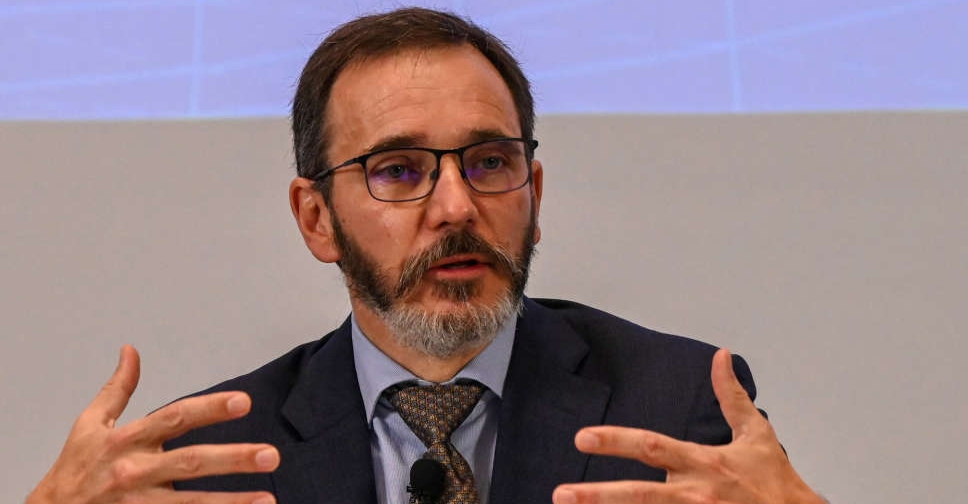
The International Monetary Fund on Tuesday trimmed its 2023 global growth outlook slightly as higher interest rates cool activity but warned that a severe flare-up of financial system turmoil could slash output to near recessionary levels.
The IMF said in its latest World Economic Outlook report that banking system contagion risks were contained by strong policy actions after the failures of two US regional banks and the forced merger of Credit Suisse, but the turmoil added another layer of uncertainty on top of stubbornly high inflation and spillovers from Russia's war in Ukraine.
"With the recent increase in financial market volatility, the fog around the world economic outlook has thickened," the IMF said as it and the World Bank launch spring meetings this week in Washington.
"Uncertainty is high and the balance of risks has shifted firmly to the downside so long as the financial sector remains unsettled," the Fund added.
The IMF is now forecasting global real GDP growth at 2.8 per cent for 2023 and 3.0 per cent for 2024, marking a sharp slowdown from 3.4 per cent growth in 2022 due to tighter monetary policy.
Both the 2023 and 2024 forecasts were marked down by 0.1 percentage point from estimates issued in January, partly due to weaker performances in some larger economies as well as expectations of further monetary tightening to battle persistent inflation.
The IMF's US outlook improved slightly, with growth in 2023 forecast at 1.6 per cent versus 1.4 per cent forecast in January as labor markets remain strong. But the Fund cut forecasts for some major economies including Germany, now forecast to contract 0.1 per cent in 2023 and Japan, now forecast to grow 1.3 per cent this year instead of 1.8 per cent forecast in January.
The IMF raised its 2023 core inflation forecast to 5.1 per cent, from a 4.5 per cent prediction in January, saying it had yet to peak in many countries despite lower energy and food prices.



 Dubai Duty Free boss to retire after 41 years
Dubai Duty Free boss to retire after 41 years
 Sharjah airport welcomes over 4 million passengers
Sharjah airport welcomes over 4 million passengers
 DXB on track to surpass 90 million passengers in 2024
DXB on track to surpass 90 million passengers in 2024
 Apple unveils AI-focused chip in upgraded iPad Pro
Apple unveils AI-focused chip in upgraded iPad Pro
 Jumeirah unveils new brand identity
Jumeirah unveils new brand identity



